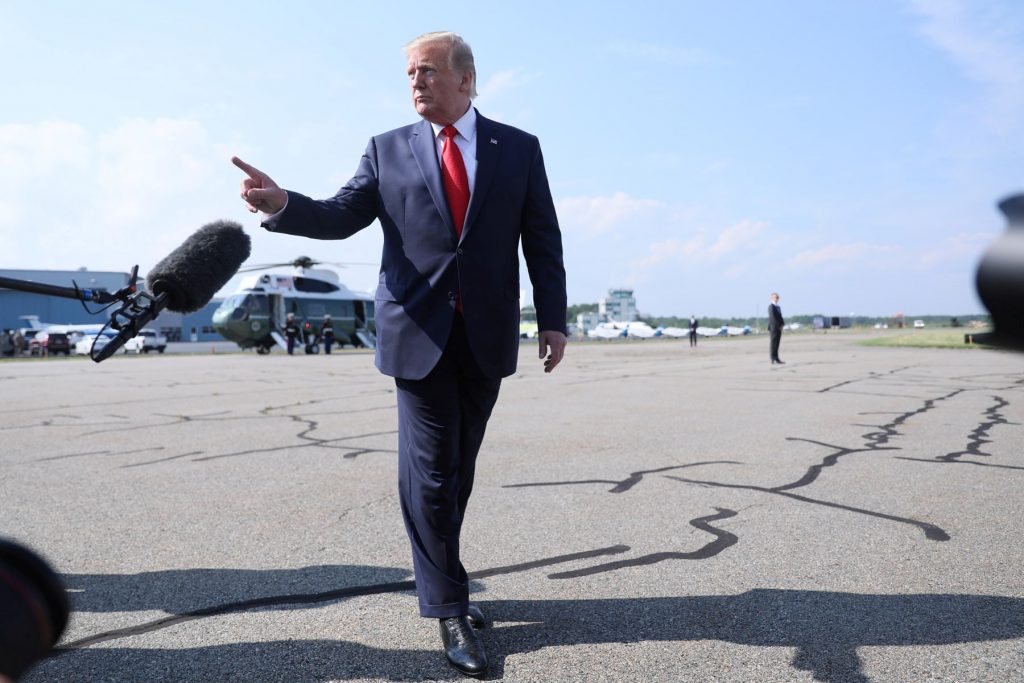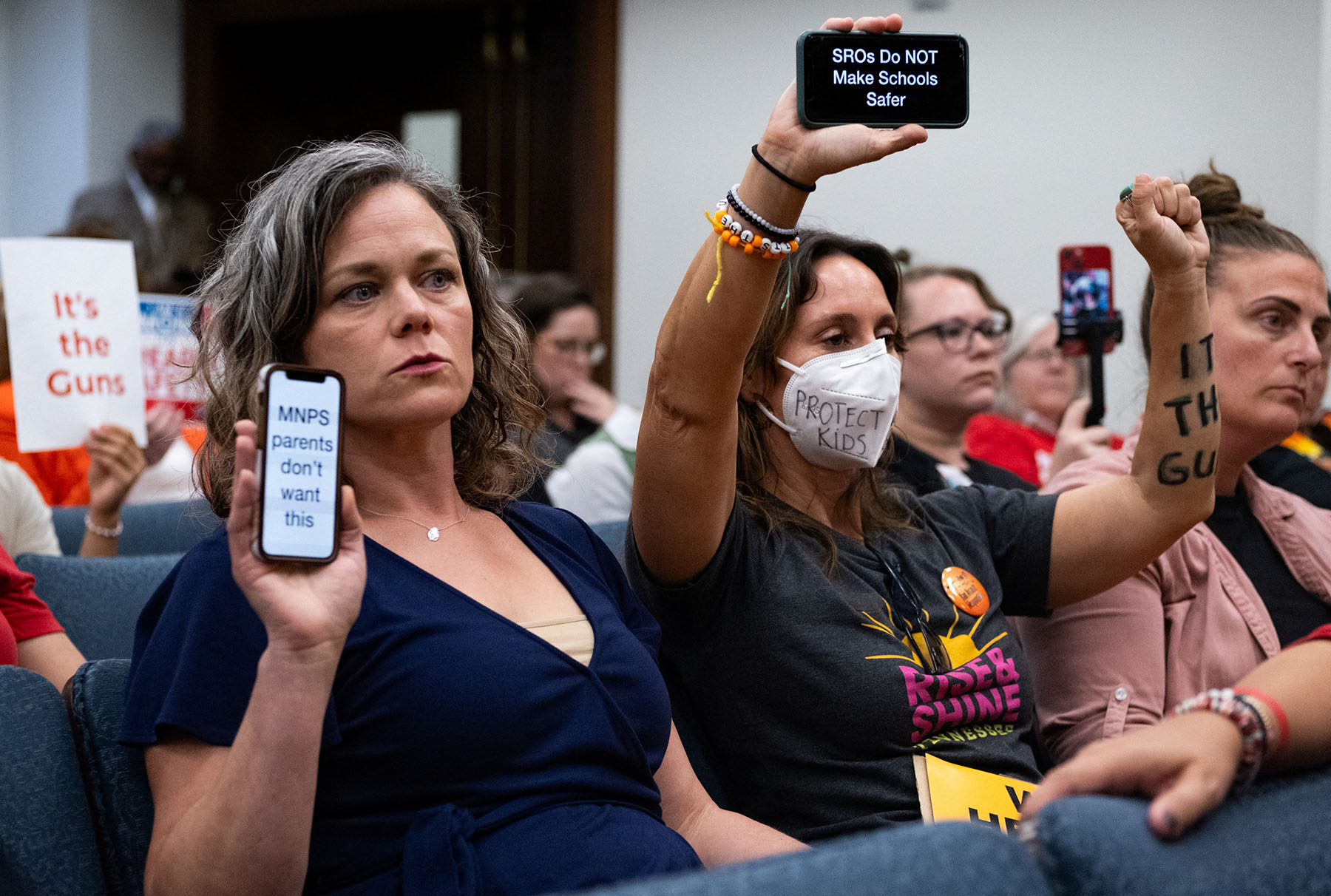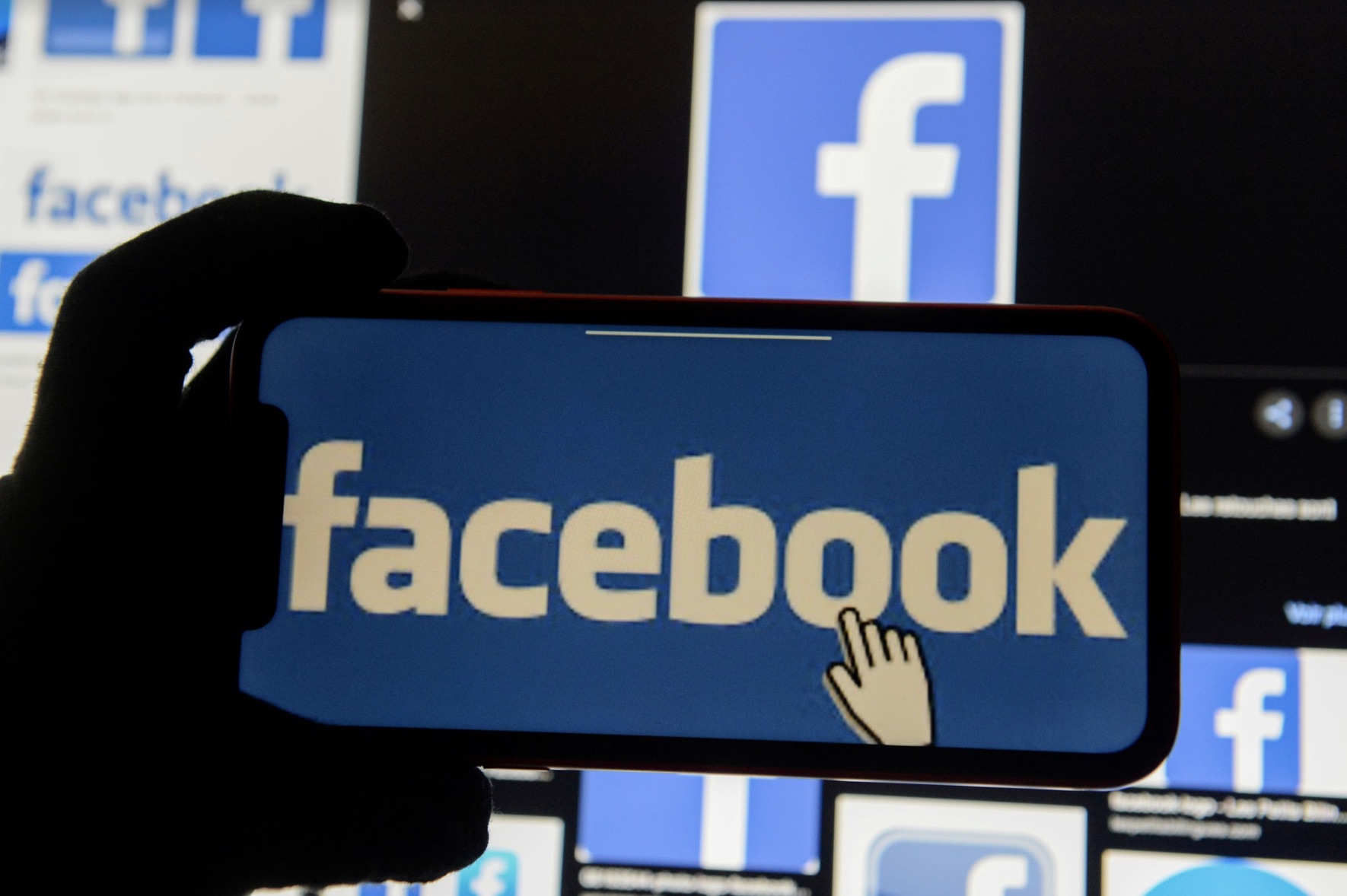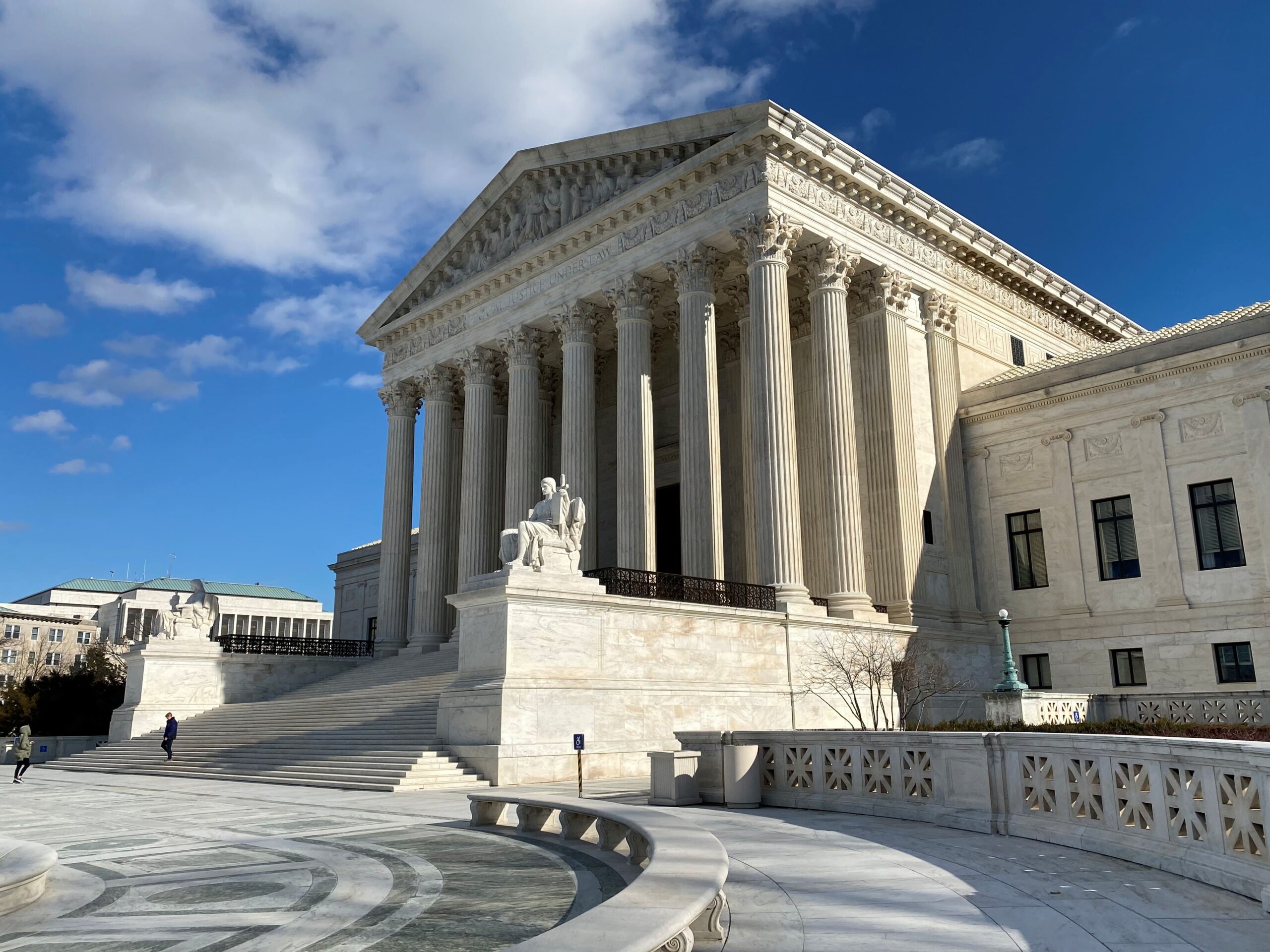FAW Deep Dive on Elected Officials and Social Media
Update 3/23/2020: The U.S. Court of Appeals for the Second Circuit declined President Trump’s request that all of the court’s active judges collectively reconsider the panel’s finding.
A federal appeals court ruled that President Trump’s Twitter account is a public forum, and his practice of blocking critics violates the First Amendment.
The decision arose from a July 2017 suit filed in U. S District Court for the Southern District of New York by seven Twitter users who had been blocked after they made critical remarks about Trump and/or his policies.
The critics, represented by the Knight First Amendment Institute at Columbia University, sued Trump and Daniel Scavino Jr., the White House’s Director of Social Media, for violating their First Amendment rights.
On May 23, 2018, District Court Judge Naomi Reice Buchwald ruled that Trump’s Twitter account was a public forum, and as such, he can’t discriminate against speech he dislikes. Trump appealed that decision, and on July 9, 2019, the U.S. Court of Appeals for the Second Circuit affirmed the lower court’s ruling.
The federal court ruled “the First Amendment does not permit a public official who utilizes a social media account for all manner of official purposes to exclude persons from an otherwise-open online dialogue because they expressed views with which the official disagrees.”
“Public officials’ social media accounts are now among the most significant forums for discussion of government policy,” Jameel Jaffer, the Knight Institute’s Executive Director, said in a statement. “This decision will ensure that people aren’t excluded from these forums simply because of their viewpoints, and that public officials aren’t insulated from their constituents’ criticism. The decision will help ensure the integrity and vitality of digital spaces that are increasingly important to our democracy.”
The court did not address whether a public official with a “wholly private social media account” can block users without violating the First Amendment, or whether privately owned social media platforms are bound by the First Amendment when policing their platforms.
This story has an update.
New York Law Journal Knight First Amendment Institute Court Decision
Tags




